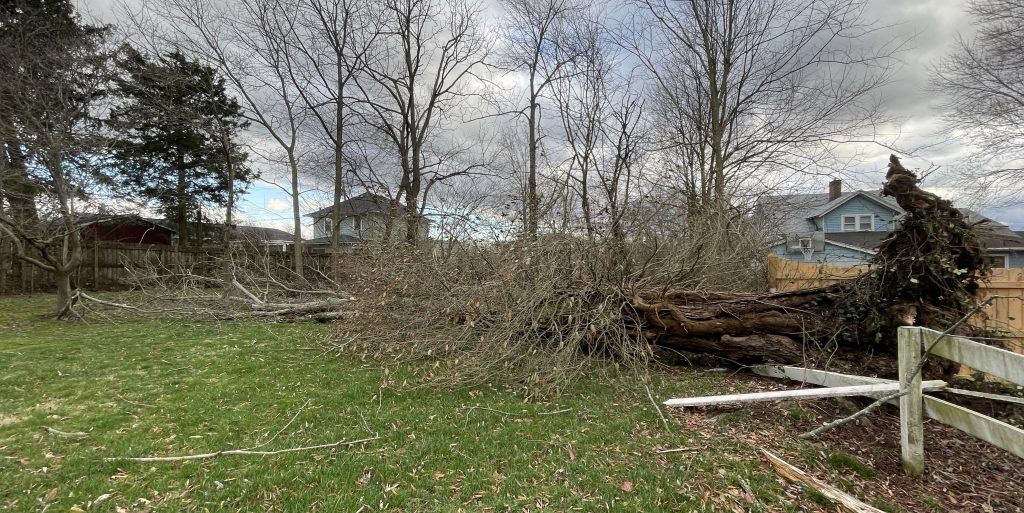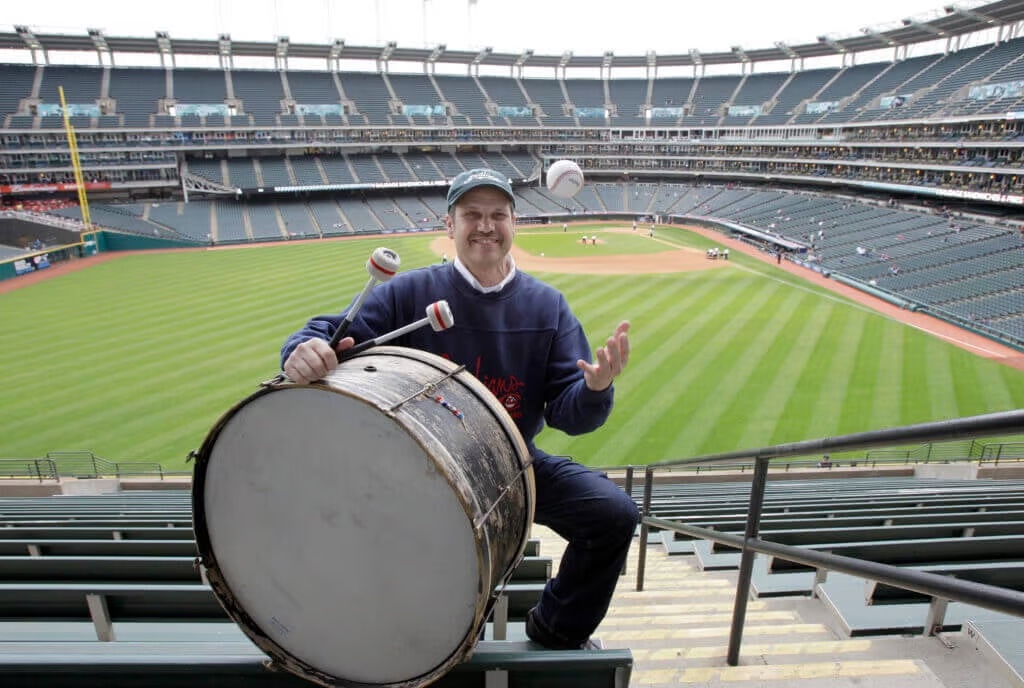
Living to 100
Experts don’t mince words: as many as half of today’s five year olds in the U.S. will live to 100. Are we ready?
Vocation
It comes from the Latin vocare, to call, and means the work a person is called to by God. There are all different kinds of voices calling you to all different kinds of work, and the problem is to find out which is the voice of God rather than of Society, say, or the Super-ego, or Self-Interest. By and large a good rule for finding out is this. The kind of work God usually calls you to is the kind of work (a) that you need most to do and (b) that the world most needs to have done. . . . The place God calls you to is the place where your deep gladness and the world’s deep hunger meet.
Fredrick Buchner
From fame to honor
The remedy for shame is not becoming famous. It is not even being affirmed. It is being incorporated into a community with new, different, and better standards for honor. It’s a community where weakness is not excluded but valued; where honor-seeking and “boasting” of all kinds are repudiated; where servants are raised up to sit at the table with those they once served; where even the ultimate dishonor of the cross is transformed into glory, the ultimate participation in honor. To use the powerful biblical metaphor, the gospel offers adoption—a new status as “sons,” to use the intentionally gendered, high-status word of Romans 8—to both men and women, now members of the family of the firstborn Son.
Andy Crouch
Community and Intimacy with God
Dietrich Bonhoeffer—in his book on community, Life Together, suggested that sometimes the psychological energy from being with a group of people can displace true trust in God for many. He suggested that we must learn to be alone with God, which is different from loneliness, for us to become whole and to not confuse the energies of friendship and community with intimacy with God.
Who doesn’t want moral support? Who doesn’t need friends when the heart is most challenged to affirm our vocation, our calling, and to remind us who we are?
Jesus doesn’t want it, that’s who. Not at this moment. He knows it’s time to be in the solitary place, the wild, the alone.
Desert Experience
One does not have to move to the geographical location of the wilderness in order to find God. Yet, if you do not have to go to the desert, you do have to go through the desert…. The desert is a necessary stage on the spiritual journey. To avoid it would be harmful. To dress it up or conceal it may be tempting; but it also proves destructive in the spiritual path.
Ironically, you do not have to find the desert in your life; it normally catches up with you. Everyone does go through the desert…. It may be in the form of some suffering, or emptiness, or breakdown, or breakup, or divorce, or any kind of trauma that occurs in our life. Dressing this desert up through our addictions or attachments—to material goods, or money, or food, or drink, or success, or obsessions, or anything else we may care to turn toward or may find available to depend upon—will delay the utter loneliness and the inner fearfulness of the desert experience. If we go through this experience involuntarily, then it can be both overwhelming and crushing. If, however, we accept to undergo this experience voluntarily, then it can prove both constructive and liberating.
Richard Rohr
Virtue
In “The Sovereignty of Good,” the novelist and philosopher Iris Murdoch writes that “virtue is the attempt to pierce the veil of selfish consciousness and join the world as it really is.”
Searching Scripture
Rather than a vehicle for knowing God and fostering our communion with him, we search the Scriptures for applicable principles that we may employ to control our world.
..Jethani, Skye. With (p. 51).
“Religion is for people who are afraid of going to hell; spirituality is for those who have been there.”
Rohr, Richard. Breathing Under Water: Spirituality and the Twelve Steps (p. 33).

View from the back deck
We had an uneventful return from Florida, arriving Thursday am. March in Kentucky is never dull. On Friday we experienced unprecedented weather (seems like that’s the only kind we have these days) with 80mph winds. The low pressure system set a record low barometric reading. Our back yard is filled with our neighbors tree. No damage other than the fence. I was able to secure our carriage house metal roof before it blew off. We lost power around 3:30 pm yesterday and it has still not been restored. Our daughter has power so we have a handy refuge.
After seeing the hurricane impact in Florida and hearing the difficulties people are still encountering, our situation is insignificant. The impact on Kentucky is significant, adding to last year’s tornados and flooding.
We are thankful for our good fortune.
STILL ON THE JOURNEY









